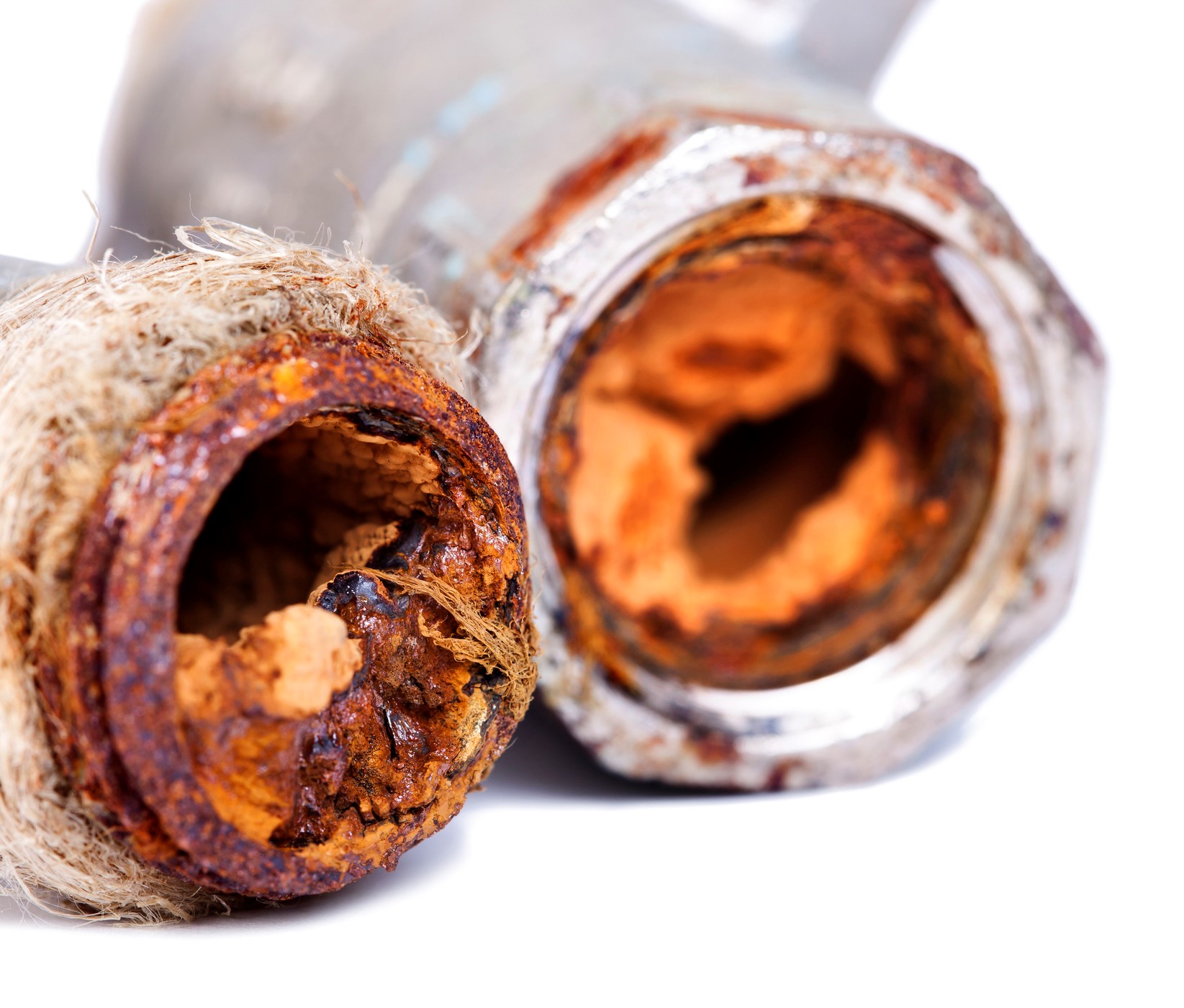
Following data gathering between the National Fire Sprinkler Network (NFSN) and the National Fire Chiefs Council (NFCC), Optimal Economics was commissioned to analyse 5 years of fires in fire sprinkler protected buildings. Data was supplied by 47 Fire & Rescue Services in the UK, drawing information from 2,294 incidents. Of the 1,725 cases analysed, 414 related to “Dwellings”, and 118 to “Other Residential”
The aim of the analysis was to provide authoritative assessment of the reliability and effectiveness of sprinkler systems, with regard to 2 key criteria:
Performance Effectiveness
When sprinklers operate how effective are they in extinguishing or controlling fires and therefore preventing damage?
Operational Reliability
How reliable are sprinklers in coming into operation when a fire breaks out?
Optimal Economics’ report: “Efficiency and Effectiveness of Sprinkler Systems in the United Kingdom: An Analysis from Fire Service Data” has been recently published (May 2017).
Here are the summarised highlights:
Across all premises types sprinklers are 99% effective
Across all premises types operational reliability of sprinkler is 94%.
Across all dwelling types and for cases for which data are available, operational reliability was 97%.
The average fire damage in dwellings not fitted with sprinklers is 18-21 square metres. In dwellings where sprinklers are present the average fire damage is under 4 square metres.
Other residential buildings with sprinkler protection had an average area of fire damage of under 8 square metres.
The average fire damage in other building types with sprinklers is 30 square metres, which is half that of unsprinklered buildings.
The presence of sprinklers appears to be highly effective in reducing the fire damage area in all building types.
Across all dwellings, the performance effectiveness of the system in containing/controlling or extinguishing the fire was over 99%.
When the system does not operate, this is almost always because it could not be expected to operate. The report concludes that in 94% of cases where the system did not
operate, it was because the system could not have been expected to operate.
In residential properties, the average damage is reduced by at least 75% and in other properties by about half.
The largest number of dwelling fires (190 or 46%) were in purpose built flats with a further 146 (35%) fire in dwellings where the type has not been specified at data capture.
In 72% of dwelling fires, only one head was called into play by the fire.
For all dwelling types the average number of heads to operate was 1.5 and the average area of damage was 3.7square metres.
Case studies consistently show a significant reduction in business interruption when a fire is controlled by a sprinkler system.
Terry McDermott, Chair of the National Fire Sprinkler Network states in the foreword of the report:
“The data clearly proves that sprinklers are both effective and efficient in a wide range of fire scenarios and building types, affording greater levels of fire protection to people, property and the environment. It gives me great pleasure to commend this research document to you, my hope being that it will play an important part in changing hearts and minds to more readily accept sprinklers as an important fire safety tool and to see them employed more widely than is currently the case.”
His enthusiasm is echoed by Julian Parsons, writing on behalf of the National Fire Chiefs Council:
“It heartens me to think that increasingly sprinklers appear in the guidance documents for fire safety in the built environment. I applaud the devolved administrations in their approach to regulate the inclusion of sprinklers in many types of buildings. I had the privilege of being in the public gallery of the Welsh Assembly when the historic vote to regulate for sprinklers in new residences was passed.
Throughout my years of working with many like-minded and passionate individuals in the promotion of sprinklers, we have been repeatedly challenged to produce the evidence of the effectiveness of sprinklers and also rebuff the unfounded counter claims about water damage and that they all go off at once.”
You can download the report here.






